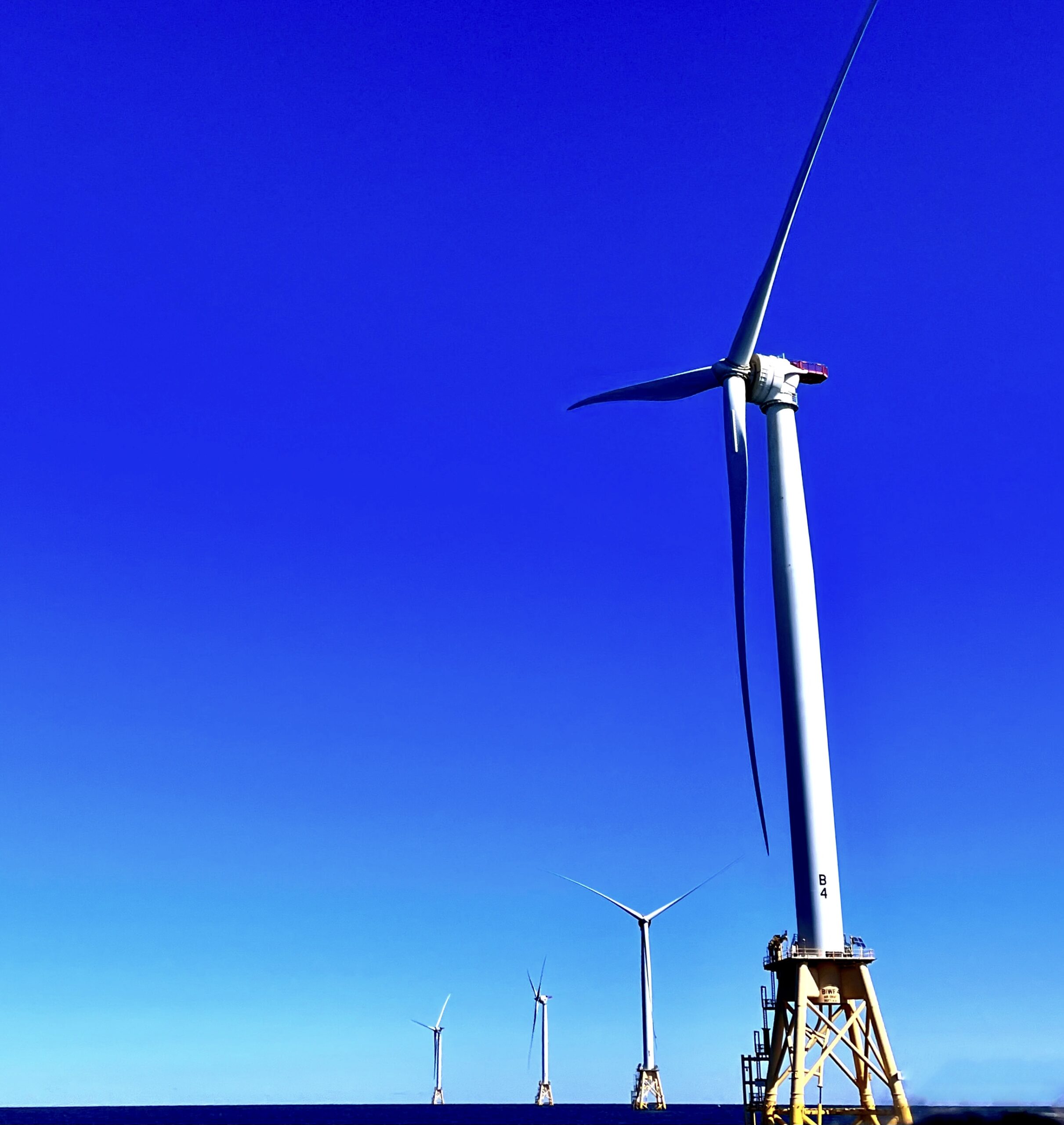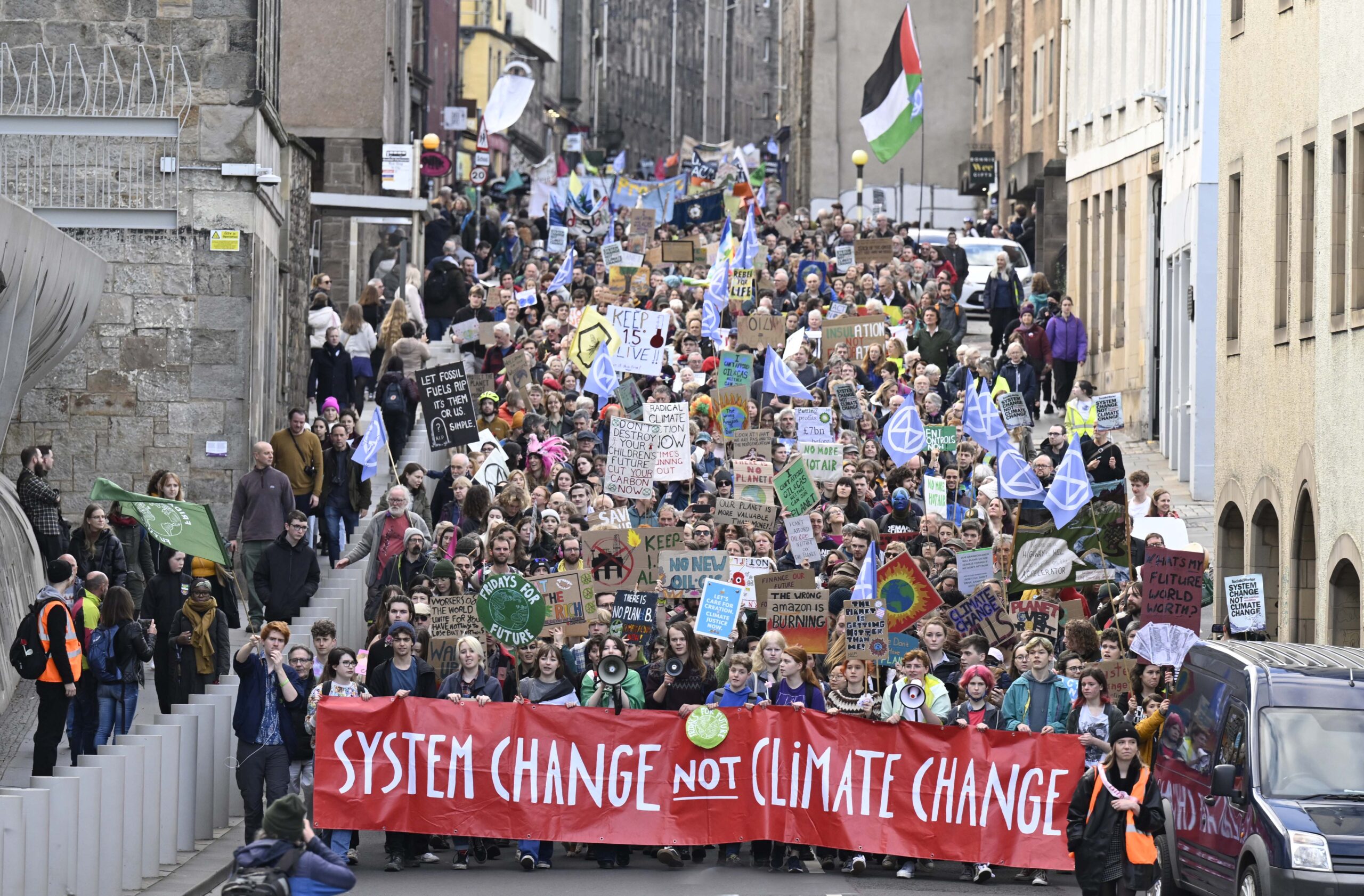A year after the Gulf oil spill, Congress has not passed a single bill to make offshore drilling safer. But they have managed to screw up the one slam-dunk item in the recent budget deal, setting aside only $47 million for the agency that oversees that industry—less than half of what the President requested.

Now, that might still sound like a lot of cash, but it’s pocket change when you put it in context:
- In the 4th quarter of 2010, BP had a $5.6 billion profit – meaning they made almost $62 million every day.
- The Deepwater Horizon rig cost $560 million to build.
- Exxon CEO Rex Tillerson made $21.5 million last year.
I mean, $47 million is what the New York Yankees’ Alex Rodriguez and Derek Jeter will make this season! But Congress decided that their cost-cutting frenzy was more important than ensuring the safety of rig workers, wildlife, and the residents of the Gulf coast, so now officials are scrambling to do twice as much with half the resources. Michael Bromwich, the director of the Bureau of Oceam Energy Management, Regulation and Enforcement (BOEMRE) said yesterday that his agency was “under-resourced and outmatched by industry,” and warned that the slashed budget “won’t allow us to improve operations for the future to the extent – and in the ways – that we think are desirable and necessary.”
“We desperately need more engineers, inspectors and other safety personnel. We desperately need more environmental scientists and more personnel to do environmental analysis. We desperately need more personnel to help us with the permitting process. And much more.”
Not to get too dramatic, but Congress should be ashamed of itself. Members of the House of Representatives are fast-tracking bills that would speed up offshore drilling and weaken safeguards, but they can’t be bothered to pay for safety inspections and it’s obvious they’ve written off the chance of another spill happening. We need the exact opposite: better regulation, better funding for safety measures, and a more cautious approach to drilling.
Learn more about NWF’s work in the Gulf, including our efforts to protect wildlife and habitat, at www.nwf.org/oilspill.
 Offshore Wind Energy
Offshore Wind Energy 

